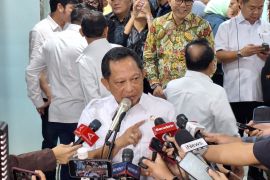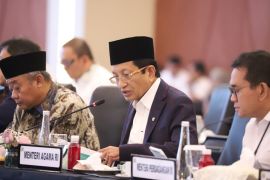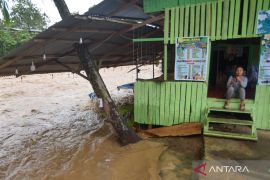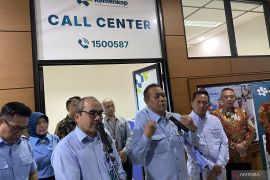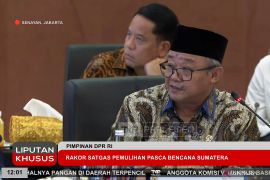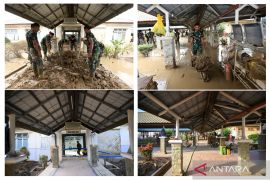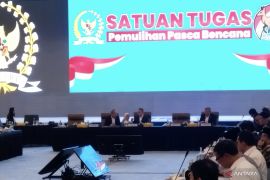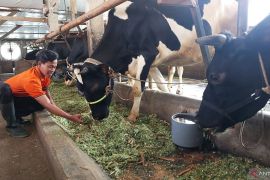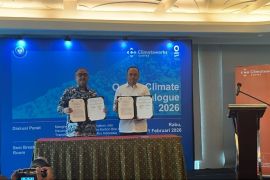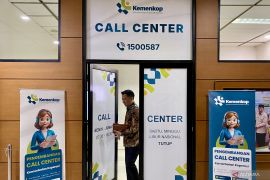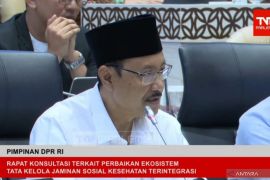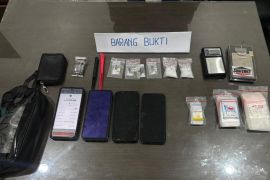"World Ocean Review 2 - Die Zukunft der Fische, die Fischerei der Zukunft" is the first comprehensive analysis of the condition of the world's fisheries, the impact on world food supplies and the marine ecosystem.
On 21 February, "World Ocean Review 2 - Die Zukunft der Fische, die Fischerei der Zukunft" (WOR 2) was released.
In the new report published by the non-profit organisation maribus gGmbH with support from mare magazine, the International Ocean Institute (IOI) and the "Ozean der Zukunft" cluster of excellence, Kiel scientists have presented one of the most comprehensive studies of world fisheries together with world-leading fisheries experts.
Will we still be able to eat fish with a clear conscience in future? How great is the threat and which fish species are affected? What are the possible solutions, particularly at a European level, for the sustainable management of the main edible fish species? And how can aquaculture help to secure the long-term supply of edible fish to the world's population?
At present, more than one quarter of all edible fish are deemed to be overfished and a further 30 percent are deemed to be endangered. The situation is even more drastic in Europe where almost half of all stocks are under threat from overfishing. Since 1950, the quantity of fish caught annually has increased fivefold to a current figure of 78.9 million tonnes of fish and seafood. The over-exploitation of fish as a resource not only threatens the food supply to a growing world population, but above all it poses a threat to the sensitive ecological balance of the oceans.
"In "World Ocean Review 2", we present, for the first time, the relationships between the world's fisheries and the threats and consequences posed by these relationships in their full complexity," says Nikolaus Gelpke, mare publisher and founder of maribus gGmbH. "In so doing, we are not just sounding the alarm, but are proposing specific solutions." Thanks to constructive co-operation between scientists and mare journalists, the report is easy to understand and can be read by anyone: this is a knowledge base for politicians and publicists who want to increase their awareness of the problem.
The new report provides a comprehensive overview of the significance of fish as part of the marine ecosystem, examines fish as a food source and livelihood for hundreds of thousands of fishermen and puts forward possible solutions in the form of long-term and sustainable management plans. Another chapter is devoted to the prospects for aquaculture - which is already the fastest-growing food sector in the world.
The report also provides advice on decisions on what to buy at the fish counter: "With "World Ocean Review 2", we are raising public awareness about buying fish on a sustainable basis," says Professor Martin Visbeck, spokesman for the "Ozean der Zukunft" cluster of excellence, during his presentation on WOR 2 in Hamburg. One of the greatest problems today, according to Visbeck, is that individual fish species are currently often viewed in isolation, not in terms of their interaction with other species and their significance to the whole marine ecosystem. "This has to change fast and on a fundamental basis," says Visbeck. "There are now positive examples from around the world showing how fish stocks can be managed on a sustainable basis, both from an economic and social perspective. We want to publicise these examples in "World Ocean Review 2"."
Background
maribus gGmbH was established in 2008 by mare publisher Nikolaus Gelpke. It is a non-profit organisation with the aim of raising public awareness of how the diverse aspects of the marine environment are all interconnected and of helping to ensure more effective marine conservation.
The first maribus publication, "World Ocean Review 1" (WOR 1), was a comprehensive and unique report, illustrating the state of the world's oceans and the interplay between the ocean and ecological, economic and sociopolitical aspects. To date, around 70,000 copies of this overview in German and English have been requested from around the world.
The second maribus publication, "Die Zukunft der Fische - die Fischerei der Zukunft" was also produced in co-operation with WOR partners; they have a longstanding commitment to the oceans and work at the highest academic level:
• the International Ocean Institute (IOI), established by Elisabeth Mann-Borgese in 1972
• the Kiel cluster of excellence "Ozean der Zukunft", an association of more than 250 scientists from various disciplines, supported by Christian-Albrechts University, Kiel, the GEOMAR Helmholtz Centre for Ocean Research in Kiel, the Institute for the World Economy (IfW) and the Muthesius Academy of Fine Arts and Design, with funding provided by the federal government and states within the scope of the excellence initiative of the German Research Foundation (DFG), and
• mare - the magazine of the oceans
The "World Ocean Review" appears in a run of 60,000 copies (German/English). The publication is not for sale, but is available free of charge. There is no profit-making aim. It can be obtained at http://www.worldoceanreview.com. An English version will soon be available in addition to the German version. The complete publication will appear at the same time on the Internet at http://www.worldoceanreview.com.
"World Ocean Review 2 - Die Zukunft der Fische, die Fischerei der Zukunft", published by maribus gGmbH, Hamburg 2013, a 148-page paperback with numerous graphics and photographs.
Contact:
maribus gGmbH
Stephanie Haack
Press and Public Relations
Telephone: +49-40-368076-22
Email: haack@maribus.com
http://www.worldoceanreview.de
http://www.mare.de
http://www.ozean-der-zukunft.de
Source: maribus gGmbH
Editor: PR Wire
Copyright © ANTARA 2013
